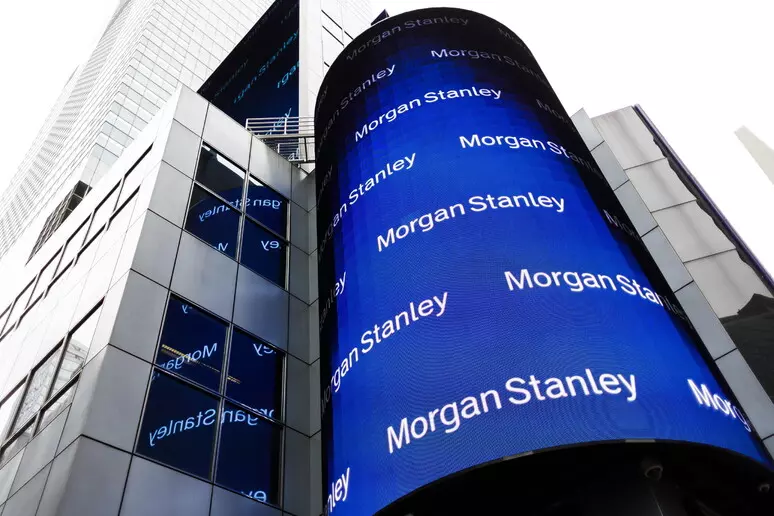Wall Street is used to managing risks, but rarely has to do so while one of the most influential figures in the economic scene insults the President of the United States in real time. On Thursday afternoon, while executives from the startup xAI were presenting the company’s ambitions from data centers to the growth of Grok, the flagship chatbot to a select group of investors, its CEO, Elon Musk, was fiercely attacking Donald Trump on social media. The accusations, posted on X, concerned alleged ties between the GOP leader and Jeffrey Epstein, the American financier who died by suicide in 2019 and was notoriously involved in serious scandals related to sex trafficking and abuse, including of minors. Additionally, Musk mentioned the ingratitude shown by Donald Trump for the enormous funds Musk spent in the presidential electoral campaign and indeed, claimed that without his intervention Trump would not have been elected. What’s more, he defended the work he did as head of the Department of Government Efficiency (DOGE).
At the same time, Morgan Stanley, one of the world’s leading investment banks and financial services firms, was trying to convince investors to wager billions of dollars on the future of xAI. However, the surreal dispute that was unfolding immediately shifted the focus: instead of concentrating on the numbers, many backers were following the battle directly from their device screens. The risk now is that the rift between the two could jeopardize a $5 billion deal.
In recent times, the relationship between the South African billionaire and Wall Street has become increasingly complex. After the turbulent acquisition of Twitter, advertisers fled en masse, causing the platform’s revenue to collapse. But the temporary alliance with Trump rekindled hopes: X was cutting costs, regaining sponsors, and indirectly benefiting from its equity stake in xAI, which was growing in value.
This very dynamic enabled Morgan Stanley to successfully sell about $11billion in debt linked to X in the first months of the year. The announced merger between the social portal and the AI startup further strengthened the operation, showing enormous growth potential.
Tensions with the White House, analysts say, could push the Republican administration to strike at Musk’s commercial empire. Not surprisingly, Tesla’s shares have lost about 7% since then. The president has also threatened to revoke government subsidies and public contracts intended for the tech entrepreneur’s companies.
Morgan Stanley thus finds itself in a delicate position. The financial institution is still trying to place the debt to finance xAI’s new data centers, essential for training Grok, the “proprietary” language model not open source or public. The target price was around 100 cents on the dollar, but the ongoing crisis pushed X’s bonds down to about 95 cents before slightly rebounding to 97.
Shareholders are now expecting more favorable terms to participate: higher interest rates, discounts, or bonuses. The bank initially aimed to place some debt tranches with a 12% interest rate, reflecting the perceived risk. The deal closure is scheduled for the end of the month, but the instability could complicate plans.
Meanwhile, xAI is also preparing a $300 million equity sale, which would value the company at about $113 billion. During Thursday’s call, Morgan Stanley presented figures confirming the high potential but also the significant costs: xAI posted a loss of $341 million in the first quarter net of interest, taxes, depreciation, and amortization but expects to break even within a few years.
Despite the background noise, some sources close to the negotiation report that interest in both the bond and equity offerings has not decreased; on the contrary, after the media explosion, demand is said to have even increased.












